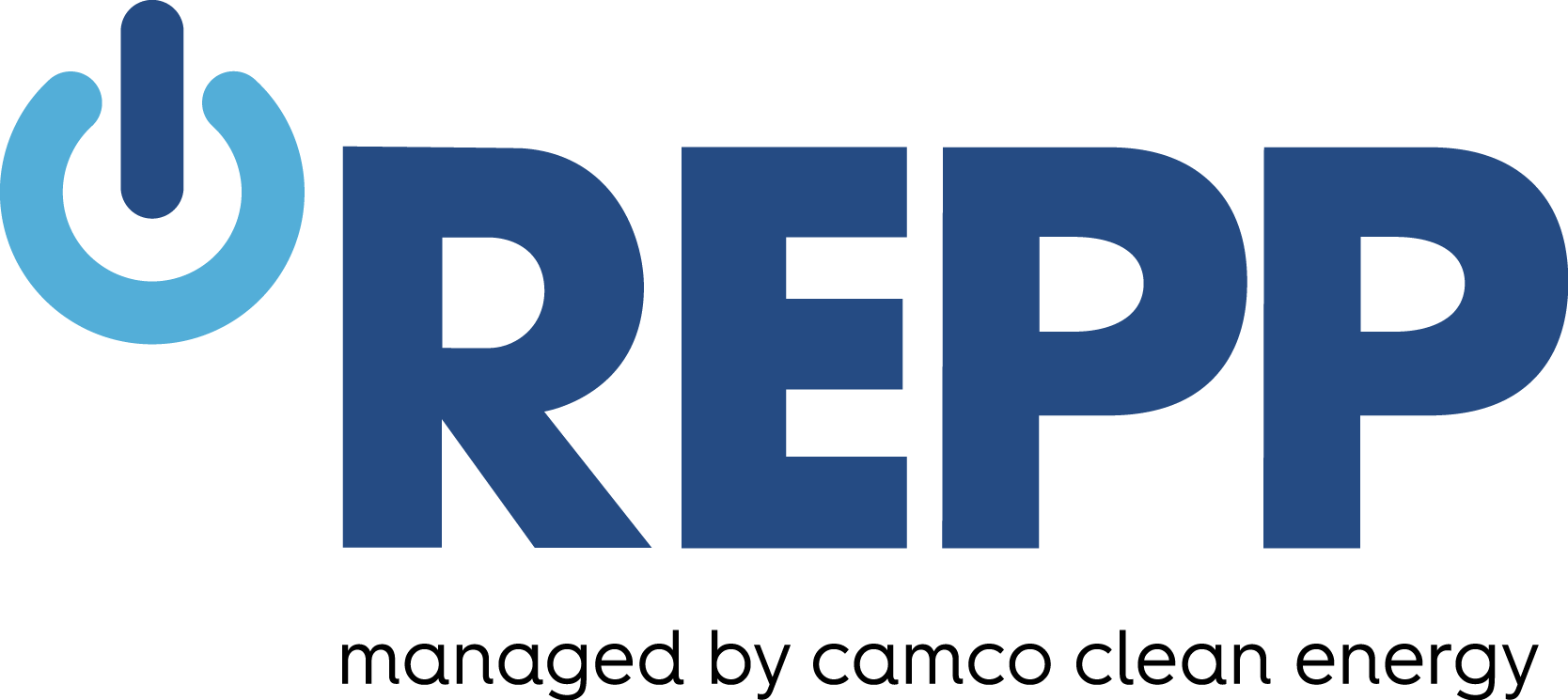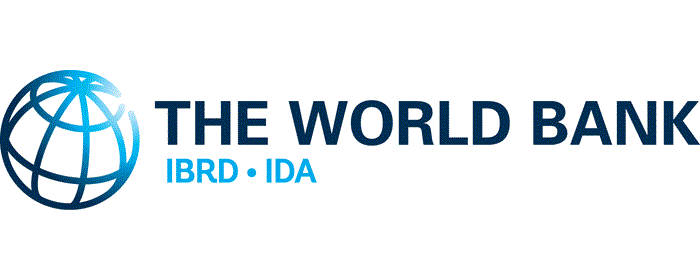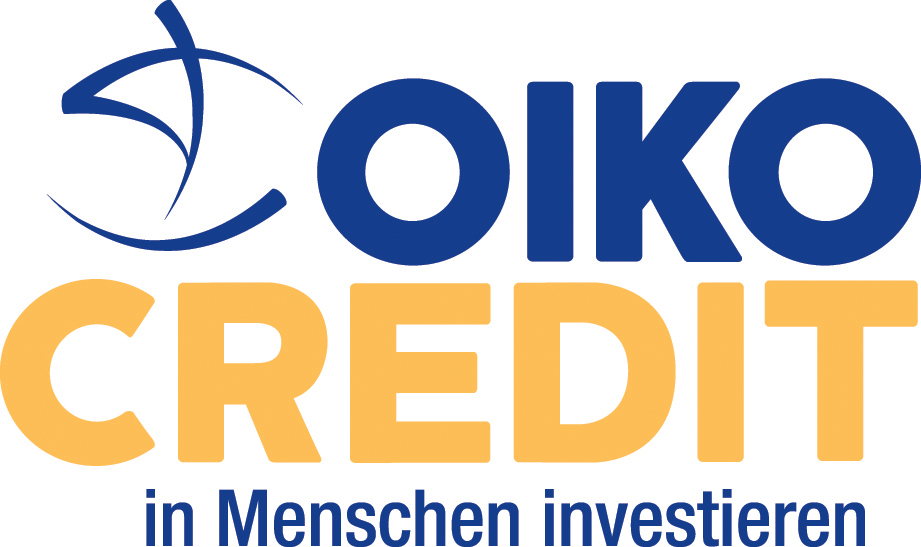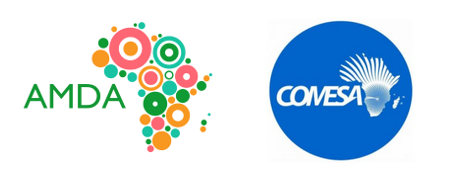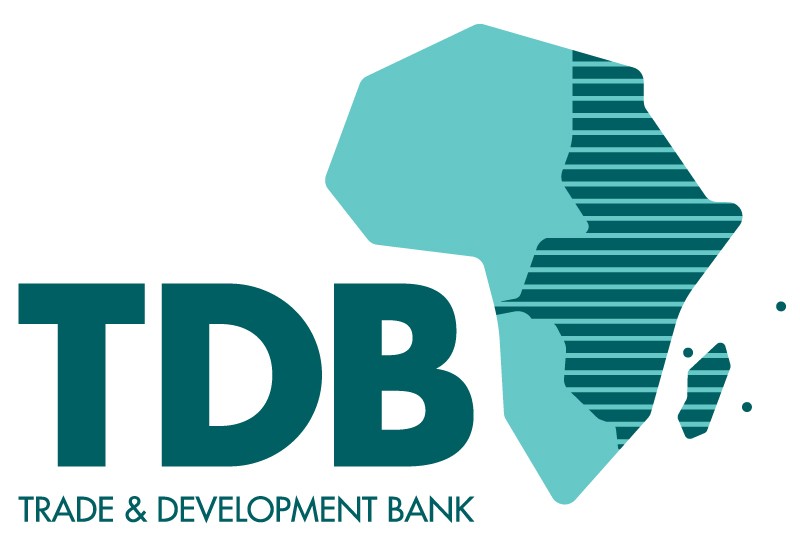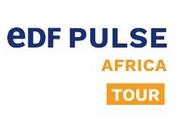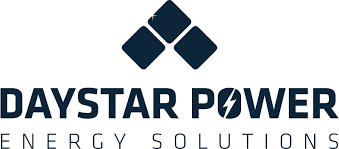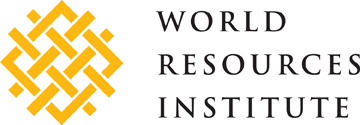6 January 2022: The EU-funded Electrification Financing Initiative (EDFI ElectriFI) and the UK-funded Renewable Energy Performance Platform (REPP) have each invested LSL 75m (~ EUR 4.4m) in equity and senior debt in a project-financed vehicle led by OnePower (1PWR), an innovative social enterprise with deep roots in Lesotho.
EDFI ElectriFI, REPP, and 1PWR have reached financial close on Africa’s second largest project-financed mini-grid transaction. The equity-and-debt investment into the project vehicle, Sotho Minigrid Portfolio SPV, will fund the construction of a portfolio of 11 mini-grids in Lesotho with a total capacity of 1.8MW. Once built, the mini-grids will provide first-time electricity access to 20,000 people and enable seven health clinics to benefit from renewable energy.
Lesotho, a landlocked nation surrounded by South Africa, has one of the lowest electrification rates on the continent, with about 62% of the population lacking access to electricity and with a rural electrification rate estimated at below 20%.
In addition to bringing grid-quality service to the 11 communities by deploying solar-battery energy systems, 1PWR will deploy a raft of technological innovations, including PV trackers – the only such systems currently being designed and manufactured in sub-Saharan Africa. The company will also deploy smart meters optimized for local and off-grid conditions, and pre-built powerhouses to ensure efficient construction and deployment of generation systems.
With the support of European programme GET.invest, 1PWR has optimized its financial modelling and mini-grid development process, enabling it to offer a tariff of 5 Maluti per kWh ($0.33/kWh), which is very competitive for an almost cost-reflective tariff.
Both EDFI ElectriFI and REPP, which is managed by Camco Clean Energy, have previously invested into 1PWR projects. EDFI ElectriFI started investing in the company in 2018, when the EU-funded blending facility signed a development finance loan of EUR 0.1m with 1PWR, allowing the organization to procure a comprehensive feasibility study which laid the groundwork for the current investment in 1PWR’s mini-grid portfolio. In 2019, REPP extended a LSL 7m loan to 1PWR to finance Lesotho’s first solar-battery mini-grid at the village of Ha Makebe. This project became operational in 2021 and now services 215 households and businesses in the community.
“Two years ago, a REPP loan helped 1PWR to forge ahead with its plans to build Lesotho’s very first solar mini-grid and deliver a transformational impact on the underserved community of Ha Makebe,” said Geoff Sinclair, Managing Director of Camco Clean Energy. “It has been tremendously satisfying to witness the successful completion of that mini-grid and there is a real buzz of excitement to now be supporting this next and much larger phase of the project.”
Today, EDFI ElectriFI and REPP are reinforcing their financial support to 1PWR. Once completed, the project aims to create approximately 7,300 new connections and generate up to 3,480 MWh per year, avoiding the emission of some 2,780 tons of CO2 annually. Up to 100 local jobs will be created by 1PWR during the construction of the project. Six permanent positions will be created during operations.
In addition to the investment by EDFI ElectriFI and REPP, 1PWR has received support from a variety of organizations for this project: Grant support was provided by the UN Capital Development Fund and UN Development Programme, the US Agency for International Development – Power Africa, the Energy and Environment Partnership Trust Fund (EEP Africa), and UKAID via the Transforming Energy Access program. 1PWR also received a loan from the Open Road Alliance. Furthermore, the company has benefited from the advisory and facilitation services of the European programme GET.invest as well as legal services from Sidley Austin and Covington & Burling through the Thomson Reuter Foundation’s TrustLaw program.
“This investment is an excellent opportunity for EDFI ElectriFI to support OnePower in its mission to provide stable electricity to more than 20 000 citizens but also to seven health centres in the country. It was a pleasure to work with a team of strong professionals dedicated to deliver the first solar mini-grids in Lesotho.” explained Quentin De Hoe, ElectriFI Senior Investment Officer at EDFI Management Company.
“We are proud to have supported 1PWR towards reaching this milestone with EDFI ElectriFI and REPP. The company’s persistent engagement and innovative portfolio approach have resulted in a major step for rural electrification in Lesotho, bringing modern energy services to those that need it most.” – Michael Franz, Team Leader at GET.invest.
“I am thrilled to close on this landmark mini-grid transaction with two excellent investors. As a team with deep roots in Lesotho, we are proud that this will not only connect 20,000 people to electricity, but also create renewable energy engineering and manufacturing capacity in the country. I want to extend my gratitude to the hard-working team at 1PWR as well as the numerous partners who have ensured the success of this project, most notably Lesotho’s Ministry of Energy and Meteorology as well as Michael Feldner of GET.invest,” concluded Matthew S. Orosz, CEO of OnePower.
###
About OnePower: 1PWR is a social enterprise with roots at the Massachusetts Institute of Technology and is owned by a local and a US-based non-profit organization. The organization has more than 17 years of experience working in Lesotho, having developed a strong local presence and maintained relationships with various governmental entities involved in the energy sector to ensure that the deployment of mini-grids is consistent with national policy and regulation. The organization is dedicated to increasing energy access in Lesotho and hopes to attract further investment to achieve full energy access in the country. For more information, visit: www.1pwrafrica.com.
About EDFI ElectriFI: EDFI ElectriFI is an EU-funded impact investment facility, financing early-stage private companies and projects, focusing on new/improved electricity connections as well as on generation capacity from sustainable energy sources in emerging markets.
EDFI ElectriFI, is managed by the EDFI Management Company, a company established by the 15 European Development Finance Institutions (DFIs). For more information, visit: www.electrifi.eu.
About REPP: The Renewable Energy Performance Platform (REPP), managed by Camco Clean Energy, works to mobilise private sector development activity – and investment – in small to medium-sized projects (typically up to 25MW). It is supported with £148m funding from the UK’s International Climate Finance through the Department for Business, Energy and Industrial Strategy (BEIS), and to date, has agreed contracts with 30 renewable energy projects across 16 countries, employing six different technologies, from SHS and PV mini-grids to biomass and run-of-river hydro. For more information, visit: www.repp.energy.





